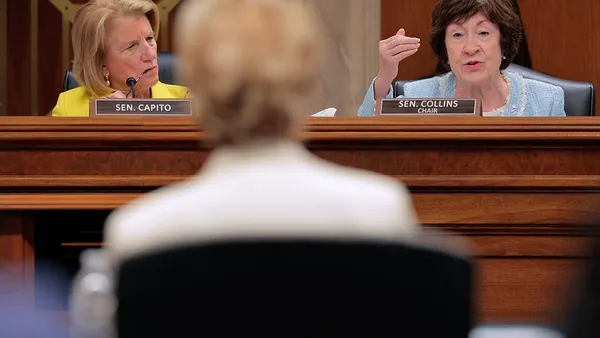The Michigan state legislature recently passed a bipartisan budget bill that includes $160 million to provide universal school meals to all 1.4 million students in the state. Gov. Gretchen Whitmer is expected to sign the measure.
If approved, Michigan would become the seventh state to implement a long-term universal school meals program. Whitmer’s office estimates serving all students free breakfast and lunch during the school day will save families over $850 annually as well as time in the morning.
States that have already passed permanent universal school meals programs include California, Colorado, Maine, Minnesota, New Mexico and Vermont. These moves come in the wake of Congress’ sunsetting of a pandemic-era waiver in June 2022 that granted a nationwide universal school meals program.
Since that waiver expired, 54% of 91 large school districts have reported a decrease in school meal participation, according to a report by the Food Research and Action Center. Additionally, daily student participation in lunch dropped nearly 7% from 3.61 million students in April 2022 to 3.36 million in October 2022.
When most districts had to return to the system requiring families to apply for free and reduced-price meals, millions of children lost access to free breakfast and lunch at school, FRAC said. This is in part because some families do not qualify for the income threshold to receive the benefits, while other families who are eligible do not fill out the needed paperwork.
Anti-hunger advocates say there are a wide range of benefits for universal school meals programs.
For instance, a report from Syracuse University found universal school meals improve school attendance for younger students, and school nutrition experts say free school meals can improve children's health. But concerns remain among some policy leaders that the universal school meals are too pricey at the state or national level.














